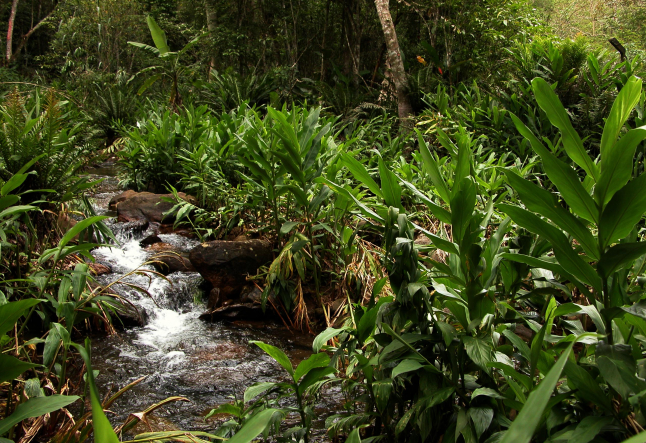is labeling enough for preserving the biodiversity of food?

heirloom seeds
The problem of organic labeling requirements is based in food safety. Seeds of Corruption, written by Mary Zhou states; “No matter how short the duration of the Monsanto Protection Act, the fact that it was passed at all affirms Monsanto’s status as a GMO giant that needs to be held accountable for its actions. Congress’s ignorance combined with Monsanto’s increasing economic prowess should be fair warning to us as consumers- that we are no longer in control of what we consume.” Is labeling enough for preserving the biodiversity of food?
Community gardens simply celebrate native food by establishing connections between the grower, the laborer, the cook, and the consumer. Once GMO seeds are planted the ecosystem adapts. Native seeds no longer contribute to diversity. This creates the need for native seed production by heirloom seed saving. New disease is a symptom of Genetically Modified Organisms (GMO) monoculture farming, or our inherited agricultural industry. GMO seeds have been engineered to produce specific results. Organic gardening with heirloom seeds is blossoming only through green industry exposure. Glass Corn is an example of some of the best from heirloom gardens.
Save your seed projects use heirloom gardening techniques. Choices such as eat organic food, or one ingredient foods are not yet available everywhere. With genetically engineered seeds, the chemicals applied in the growing process are specific to only this seed, not the weeds, or close neighbors. The ignorance of seeds which have been engineered as food cannot remain.
Commercial food production increases profits by larger and larger facilities that are sustained by vastly foreign mono-cultural crops to feed people in faraway places. How are we educating ourselves on the quality of food sources? Research how the food is traveling, and compare quality. The global threats of genetically modified organisms is extreme in India. Here, outraged farmers fight a flooded agricultural seed market, suicide. Several other countries including Switzerland, Ireland and France have adopted policy against these genetically engineered food sources. Stating the lack of research on health effects to humans, as well as deleterious effects on the ecosystems surrounding these mono-culture crops.
Heirloom seeds change the monoculture of farming. Serious consideration needs to be given to transportation of food. Advocates of healthy lifestyles extend their consumer dollars by consuming products from local farmers. Policy advocates work to eliminate barriers that prevent farms from providing food to neighboring towns. Additionally, there is growing support for educational environments which promote heirloom garden seed propagating techniques. Educational centers treat all community members as learners because idigenous knowledge about native seeds may hold the answer to diseases that have developed since monoculture agriculture began. The local municipality benefits from exposure to quality food, social aid, and sustainable conservation projects. Consuming food grown locally, never should have escaped any country’s economic model.
There is always a choice. Native seeds projects are inter-generational diverse, cross-cultural, community building events. Community gardens potentially host native seed education. Further collaboration with social aid organizations (churches, schools, military) will increase effective use of space in residential communities. Even greater is the potential of aquaponics, or living machines to further enhance communities that support farm to table gardens.
Read next >> lifestyle tweaks to help conserve our oceans